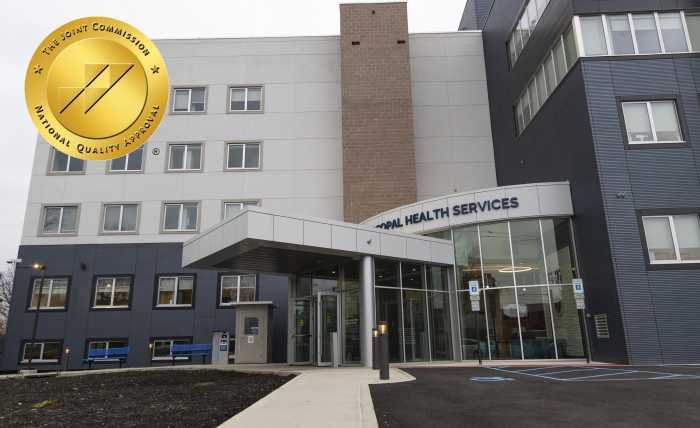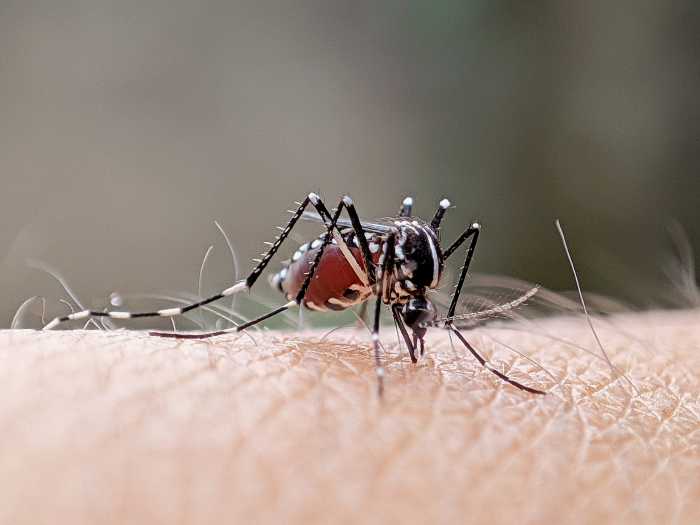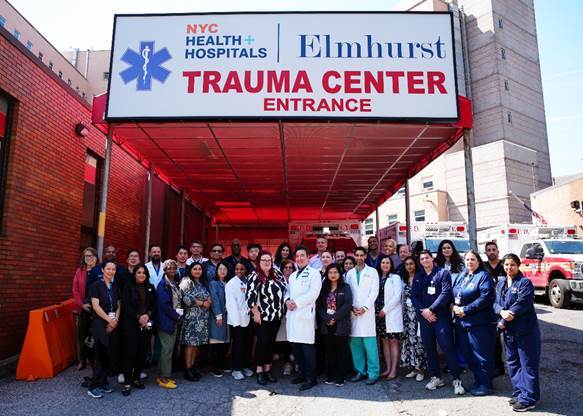Twelve years ago, Andrew Baumann noticed that his then two-and-a-half-year-old son was exhibiting unusual behaviors such as avoiding eye contact, not speaking and flapping paper.
Troubled, Baumann went to the pediatrician, who told him to wait six months for the symptoms to go away. “They were the classic symptoms [of autism],” recalled Baumann, “but back then, we didn’t know what was wrong.”
The symptoms did not go away, and Baumann returned to the pediatrician. His son was eventually diagnosed with autism at the age of three and a half.
“We lost a whole year,” said Baumann, the president and CEO of the Ozone Park-based New York Families for Autistic Children (NYFAC).
Now, thanks to a new bill that Governor David Paterson signed into law, the diagnosis of autism in children will hopefully come as early as possible.
The legislation puts a heavy emphasis on the early detection of Autism Spectrum Disorder (ASD), requiring the Department of Health (DOH) to update the guidelines used by pediatricians to identify children with ASD and refer them for appropriate services.
The new law is timely, given the fact that ASD affects one in every 150 children in some communities, according to the federal Centers for Disease Control and Prevention. ASD is a developmental disability in which individuals often have difficulty relating and responding to people, events or objects, and engage in repetitive behaviors or exhibit preoccupation with narrow interests.
Alison Singer, the executive vice president of communications and awareness at Autism Speaks, a New York-based autism advocacy organization, and herself the mother of an 11-year-old autistic daughter, notes that it is crucial to diagnosis ASD as early as possible. Once a child is diagnosed with ASD, he or she can be referred to an Early Intervention (EI) program, which is administered by the DOH.
According to Singer, 50 percent of children diagnosed with ASD and enrolled in a good EI program can make enough gains to enter mainstream kindergarten.
“Research shows that children can be reliably diagnosed at two and can be diagnosed as early as 18 months,” explained Singer. “By age two, using the screening tools listed in the [new] legislation, a physician or health care practitioner can reliably screen a child for Autism Spectrum Disorder. We’re happy to see the governor is recognizing that Autism Spectrum Disorder is a health crisis.”
Baumann says that his son, now 15, is “doing as best as can be expected. He has had the benefit of a lot of programs and a lot of education. We continue to work with him and give him as much as support as we can. We continue to have high hopes for him.”
The legislation requires the DOH to establish best-practice protocols for the screening of ASD. These will now incorporate standards and guidelines established by the American Academy of Pediatrics and must include the routine use of objective ASD screening tools at regular intervals during critical childhood developmental stages.
The law also includes discussion between the service provider and parents to educate the parents about ASD and the use of a modified checklist for ASD in toddlers.
“This legislation will help pediatricians across the state quickly and comprehensively identify kids with ASD, so that they can receive the support they need at an early age,” said Paterson. “Coupled with other efforts recently announced by the Office of Mental Retardation and Developmental Disabilities, this will not only ensure our children have access to appropriate services, but will help educate the public on these often overlooked disorders.”


































